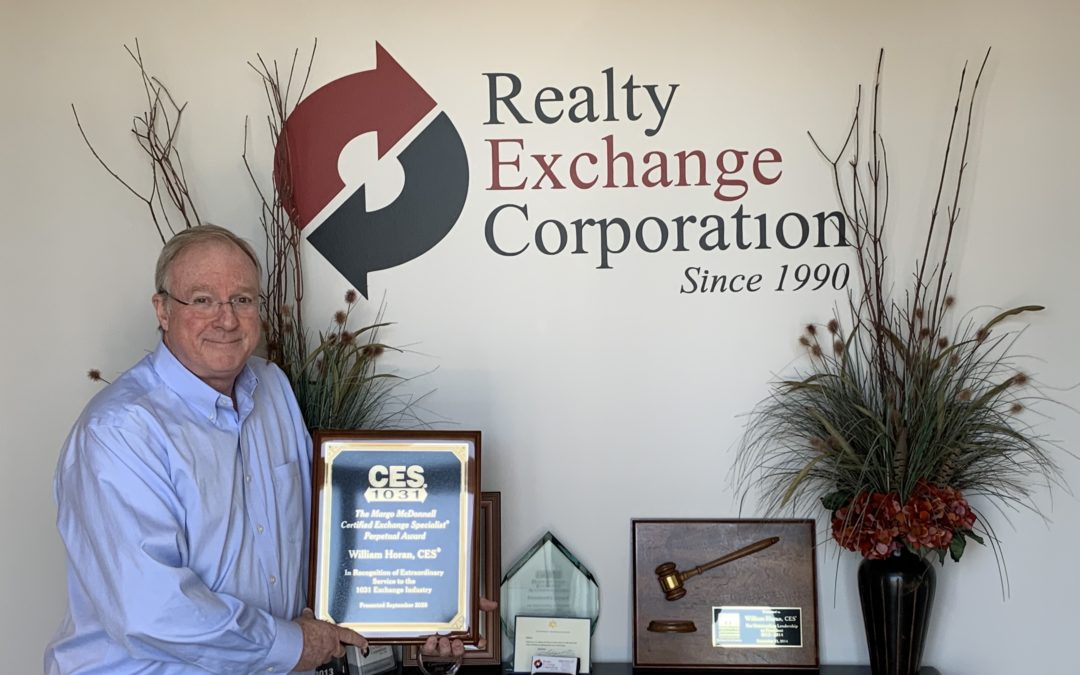
by William Horan | Dec 28, 2023 | Reporting
The IRS 1031 regulation (§1.1031(k)-1(j)) provides that if an exchanger receives 1031 escrow funds from the qualified intermediary at the end of the exchange, or if the exchanger had a bona fide intent to do an exchange but does not complete the exchange by receiving...

by admin | Oct 30, 2020 | Basis, Qualified Intermediary, Realty Exchange Corporation
MARGO MCDONNELL CERTIFIED EXCHANGE SPECIALIST® PERPETUAL AWARD PRESENTED TO WILLIAM ‘BILL’ HORAN, CES®AT NATIONAL CONFERENCE HELD VIRTUALLY (Sept. 22 – 25, 2020) – A delegation of more than 200 members of Federation of Exchange Accommodators (FEA) attending the...
by Josie Corrado | Jan 3, 2024 | Realty Exchange Corporation
Gerhardt et al., 180 TC 9 (2023) is a tax court case that has caught our attention and may be of some interest to you as well. The Gerhardt’s completed a 1031 exchange of an Iowa farm with hog buildings for rental real estate in Cape Coral, FL. An IRS audit discovered...
by William Horan | Jan 2, 2024 | 8824
If you closed on your 1031 exchange relinquished property in the last quarter of 2023 and still have an active 1031 exchange you may want to file an on-time tax return extension. The IRS 1031 regulations say: “The exchange period begins on the date the taxpayer...
by Josie Corrado | Aug 4, 2023 | Realty Exchange Corporation
A 1031 Exchange, also known as a “like-kind” exchange, allows individuals to defer capital gains taxes on the sale of investment or business property by reinvesting the proceeds into another qualifying “like-kind” property. “Like-kind” refers to the use...
by Josie Corrado | Jul 13, 2023 | Realty Exchange Corporation
Following all rules and regulations of a 1031 Exchange is critical to achieving deferral of capital gains taxes on the sale of an investment property. Missing a step, or completing it incorrectly, may give the IRS reason to challenge an Exchange transaction. A...
by Josie Corrado | Jul 13, 2023 | Realty Exchange Corporation
A 1031 Exchange, also known as a “like-kind exchange,” is a mechanism for investors to defer paying taxes on the sale of investment or business property by exchanging investment property for different investment property. A 1031 Exchange can be an...




